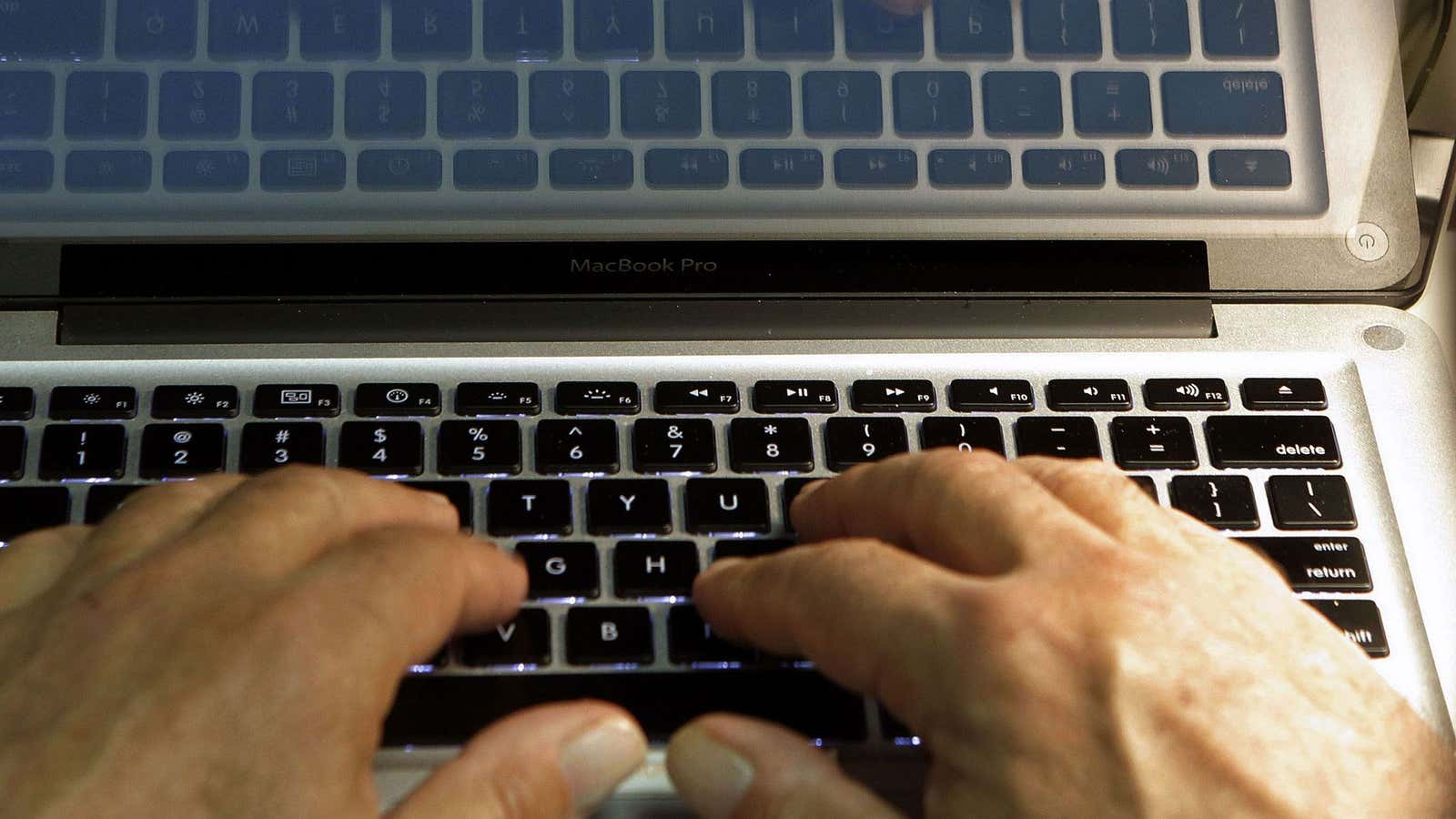Knowledge is power, so the saying goes, which makes it all the more striking how determined humans are to avoid useful information. Research in psychology, economics, and sociology has, over the course of several decades, highlighted countless examples of cases where humans are apt to ignore information. A review of these earlier studies by Carnegie Mellon University researchers, published this month in the Journal of Economic Literature, shows the extent to which humans avoid information and so selectively edit their own reality.
Rather than highlighting all the myriad ways humans fail to proactively seek out useful information, the paper’s authors focus on active information avoidance: Cases where individuals know information is available and have free access to that information, yet choose not to consider it. Examples of this phenomenon, revealed by the previous studies, include investors not looking at their financial portfolios when the stock market is down; patients taking STD tests and then failing to obtain the results; professionals refusing to look at their colleagues’ feedback on their work; and even the propensity of wealthy people to avoid poor neighborhoods so they don’t feel awareness of and guilt over their own privilege.
Building off the many studied examples of information avoidance, the authors show humans have developed a variety of methods to maintain their ignorance. Physically avoiding sites of information (such as the STD clinic or poorer neighborhoods, in the examples mentioned above) is one common tactic, as are inattention—humans are wont to stop paying attention when presented with information that doesn’t suit their worldview—and simply forgetting inconvenient information.
Though humans’ knee-jerk tendency to edit reality into a version that suits ourselves means we can never be confident that we’ve truly grasped all available information, this predisposition does have benefits. For example, there are times when honest, factual information can make us truly unhappy.
“People do it for a reason,” Russell Golman, assistant professor of social and decision sciences and one of the authors said in a statement. “Those who do not take a genetic test can enjoy their life until their illness can’t be ignored, an inflated sense of our own abilities can help us to pursue big and worthwhile goals, and not looking at our financial investments when markets are down may keep us from selling in a panic.”
Information can bring with it unhappy news, new responsibilities, reasons for anxiety, or the uncomfortable need to re-examine pre-existing opinions. Sometimes, simply looking the other way makes us happier.
Unfortunately, this same information avoidance allows for the political and social media bubbles that have arisen in recent years, in which people choose to ignore any perspective other than their own. Humans are so prone to information avoidance that we’re easily able to bury our heads in the sand and refuse to change our mind or engage with the broader picture. Plus, even the most potentially dispiriting information (such as medical results) can be incredibly important and useful. Ignorance may be bliss, but it often isn’t healthy.
